Smart Cities: How AI is Revolutionizing Urban Living
The concept of smart cities is no longer a distant dream. As urbanization continues to grow, the need for efficient, sustainable, and technologically advanced cities becomes more critical. Artificial Intelligence (AI) plays a pivotal role in this transformation, enhancing urban living in ways that were once unimaginable. In this comprehensive blog post, we’ll explore what smart cities are, how AI is revolutionizing them, and the profound benefits AI brings to urban environments. We’ll also take a look at the future of AI in smart cities and the challenges that lie ahead.
What are Smart Cities?
Defining Smart Cities
A smart city leverages technology to improve the quality of life for its residents. These cities utilize data, digital platforms, and advanced technologies like AI, the Internet of Things (IoT), and big data analytics to optimize resources, reduce costs, and enhance the efficiency of urban services. The goal of a smart city is to create an environment where technology and data-driven decision-making lead to better living conditions, sustainable growth, and enhanced public services.
Smart cities are not just about using technology; they focus on integrating these technologies in a way that addresses urban challenges such as traffic congestion, energy consumption, waste management, and public safety. For example, Barcelona, one of the pioneers in smart city development, uses IoT sensors to monitor air quality, traffic patterns, and energy usage, enabling the city to make informed decisions that benefit both the environment and its residents.
For those interested in exploring how AI can help businesses as well, check out our article on AI-powered tools for business productivity.
Key Technologies in Smart Cities
The foundation of a smart city lies in its technological infrastructure. IoT, AI, and big data are the core technologies that enable smart cities to function effectively. IoT devices, such as sensors and cameras, collect vast amounts of data from various sources like traffic signals, street lights, and public transport systems. This data is then processed by AI algorithms to make real-time decisions that improve city operations.
For instance, smart traffic management systems use AI to analyze traffic patterns and optimize signal timings, reducing congestion and travel time. Similarly, AI-powered energy management systems monitor energy consumption in real-time and make adjustments to minimize waste and lower costs. In public safety, AI-driven surveillance systems can detect unusual activities and alert authorities, ensuring a faster response to potential threats.
If you’re interested in how AI impacts other industries, you might enjoy our post on AI’s role in healthcare.
How AI is Transforming Urban Living
AI in Transportation
Transportation is one of the most significant areas where AI is making a profound impact in smart cities. AI-powered traffic management systems, autonomous vehicles, and predictive maintenance of public transport infrastructure are transforming how people move within cities.
In smart cities, AI is used to analyze traffic data and predict congestion, allowing city planners to optimize traffic flow and reduce delays. For example, in Singapore, AI algorithms analyze real-time data from traffic cameras and GPS devices to predict traffic jams and suggest alternative routes, significantly reducing travel time for commuters.
Autonomous vehicles are another game-changer in urban transportation. Self-driving cars, powered by AI, can navigate through city streets, reducing the need for human intervention. This not only improves road safety but also optimizes fuel consumption and reduces emissions. Companies like Waymo and Tesla are at the forefront of this innovation, bringing us closer to a future where autonomous vehicles are a common sight in smart cities.
Public transport systems are also benefiting from AI. Predictive maintenance, powered by AI, ensures that buses, trains, and trams operate efficiently with minimal downtime. By analyzing data from sensors installed in these vehicles, AI can predict when a component is likely to fail and schedule maintenance before a breakdown occurs, reducing service disruptions and ensuring a smooth commute for passengers.
For more insights on the future of AI in transport, explore our article on AI and autonomous vehicles.
AI in Public Services
AI is revolutionizing public services in smart cities, making them more efficient, responsive, and accessible to residents. From waste management to emergency services, AI is transforming how cities deliver essential services to their citizens.
In waste management, AI-powered systems can analyze data from smart bins and optimize waste collection routes, reducing the time and fuel needed for garbage trucks to complete their rounds. This not only saves costs but also reduces the environmental impact of waste collection. In cities like Seoul, smart waste management systems have led to a significant reduction in waste and improved recycling rates.

Emergency services are also becoming smarter with the help of AI. AI-driven systems can analyze data from various sources, such as social media, 911 calls, and surveillance cameras, to detect emergencies in real-time and prioritize responses based on the severity of the situation. For example, AI can predict where crimes are likely to occur and deploy law enforcement to those areas, reducing crime rates and improving public safety.
Healthcare services in smart cities are also seeing improvements through AI. AI-powered systems can monitor patients remotely, analyze health data, and provide real-time feedback to healthcare providers. This not only improves the quality of care but also reduces the strain on healthcare facilities by enabling more efficient use of resources.
Curious about how AI is enhancing healthcare services? Check out our deep dive into AI-driven healthcare systems.
AI in Energy Efficiency
Energy efficiency is a critical component of smart cities, and AI plays a crucial role in optimizing energy consumption and reducing carbon emissions. AI-driven energy management systems can monitor and control energy usage in real-time, ensuring that energy is used efficiently and sustainably.
In smart cities, AI can optimize the use of renewable energy sources, such as solar and wind power, by predicting energy demand and adjusting the supply accordingly. For example, AI algorithms can predict when energy demand will peak and adjust the output of renewable energy sources to meet that demand, reducing the need for fossil fuels and lowering carbon emissions.
Smart grids, powered by AI, are another key innovation in energy efficiency. These grids can analyze data from sensors installed throughout the city’s energy infrastructure and make real-time adjustments to optimize energy distribution. For example, AI can detect when a particular area of the city is using more energy than usual and redirect energy from other areas to balance the load, preventing blackouts and ensuring a stable energy supply.
To learn more about AI’s impact on sustainability, don’t miss our article on AI in renewable energy.
Benefits of AI in Smart Cities
Enhancing Sustainability
One of the most significant benefits of AI in smart cities is its ability to enhance sustainability. By optimizing resource use, reducing waste, and lowering carbon emissions, AI helps cities become more environmentally friendly.
AI-powered systems can monitor air and water quality in real-time, allowing cities to take proactive measures to reduce pollution and protect the environment. For example, AI can detect when air quality levels are deteriorating and adjust traffic signals to reduce the number of vehicles on the road, improving air quality and reducing the city’s carbon footprint.
AI also plays a crucial role in promoting the use of renewable energy in smart cities. By optimizing energy consumption and integrating renewable energy sources into the grid, AI helps cities reduce their reliance on fossil fuels and move towards a more sustainable future.
For further reading on how AI promotes sustainability, see our comprehensive guide on AI and environmental impact.
Improving Quality of Life
AI is transforming urban living by improving the quality of life for city residents. From smarter public services to safer streets, AI is making cities more livable and enjoyable for everyone.
In smart cities, AI-driven systems can improve the efficiency and accessibility of public services, making it easier for residents to access essential services like healthcare, education, and transportation. For example, AI can help cities optimize public transport schedules, ensuring that buses and trains run on time and reducing wait times for passengers.
AI is also improving public safety by detecting and preventing crimes before they occur. In smart cities, AI-powered surveillance systems can analyze data from cameras and sensors to identify suspicious activities and alert law enforcement, reducing crime rates and making the city safer for residents.
Furthermore, AI is enhancing the quality of life in smart cities by promoting social inclusion and accessibility. AI-powered systems can help cities provide better services to people with disabilities, such as smart traffic signals that adjust timings for pedestrians with mobility issues or AI-driven public transport systems that offer real-time information in accessible formats.
Future of AI in Urban Planning
Emerging AI Trends in Smart Cities
As AI continues to evolve, new trends are emerging that will further revolutionize urban planning and development. One of the most significant trends is the integration of AI with other advanced technologies, such as 5G, blockchain, and quantum computing.
5G technology will enable faster and more reliable data transmission, allowing AI systems to process and analyze data in real-time with greater accuracy. This will lead to more efficient city operations, from traffic management to energy distribution.
Blockchain technology, when combined with AI, can enhance the security and transparency of smart city systems. For example, blockchain can be used to secure data collected by AI systems, ensuring that it is tamper-proof and only accessible by authorized parties.
Quantum computing, though still in its early stages, has the potential to revolutionize AI in smart cities by enabling faster and more complex data processing. This could lead to more accurate predictions, better decision-making, and more efficient city operations.
Want to dive deeper into emerging AI trends? Check out our article on the future of AI technologies.

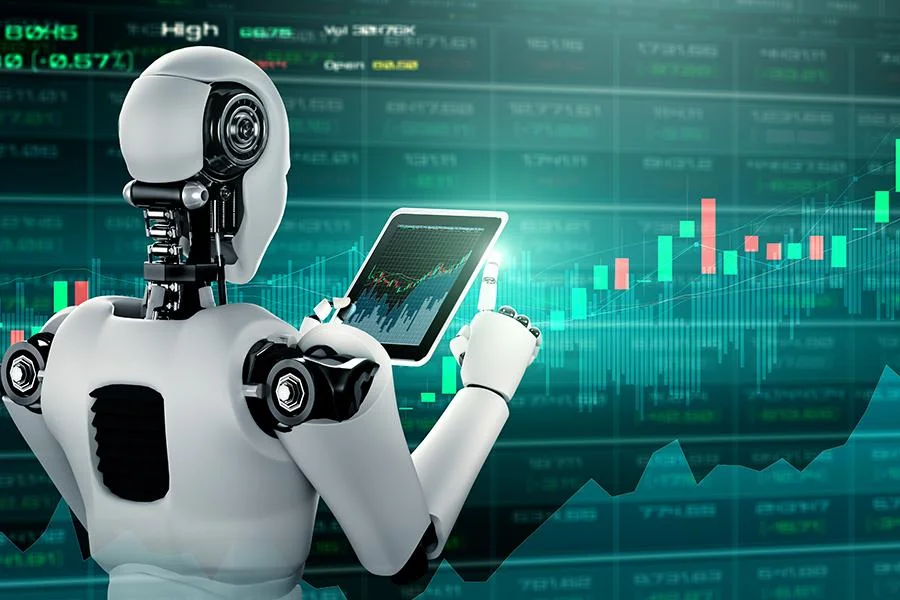

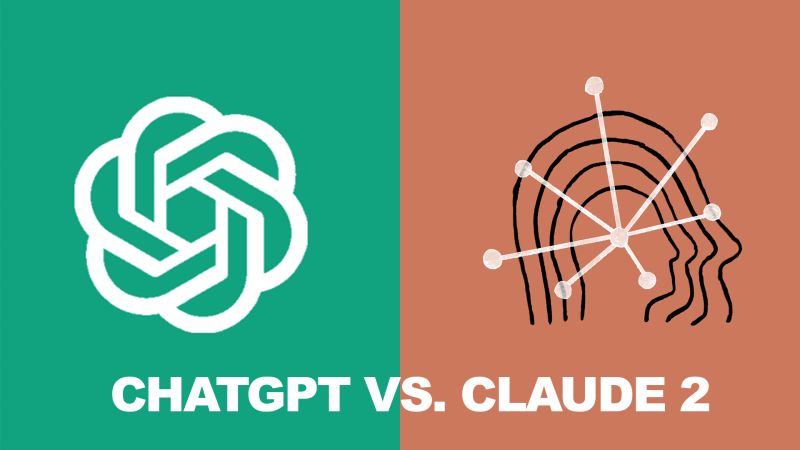
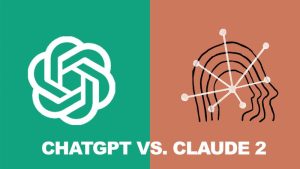

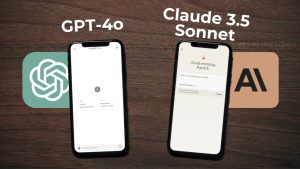
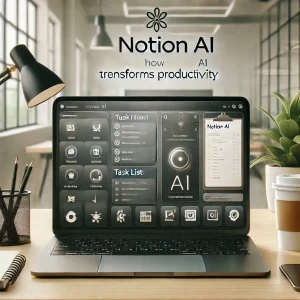
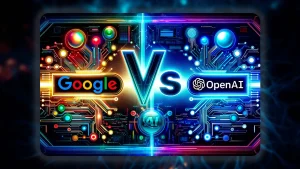
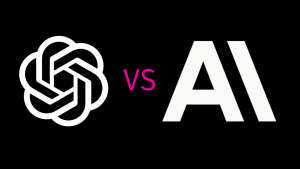
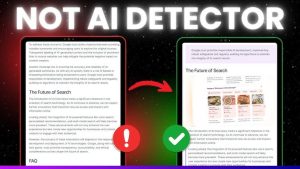



Post Comment